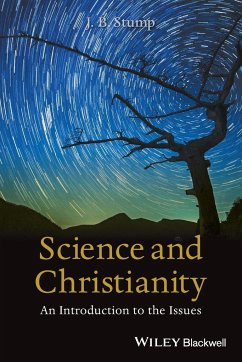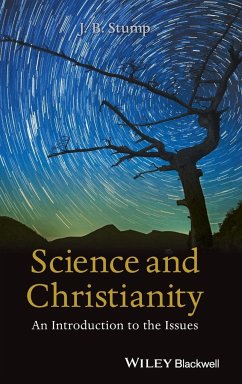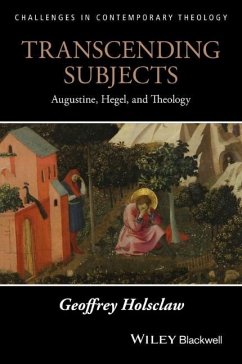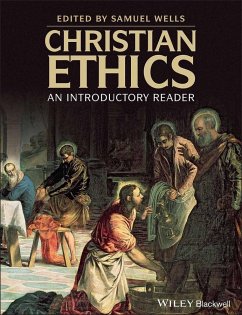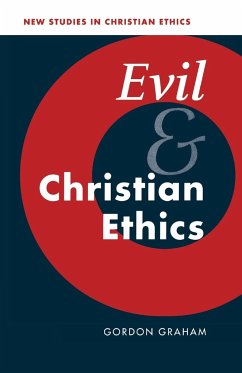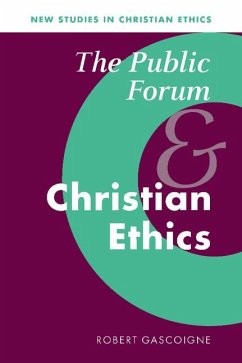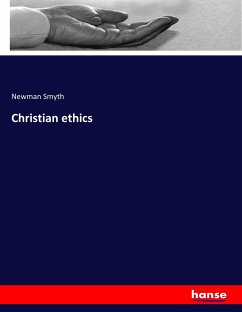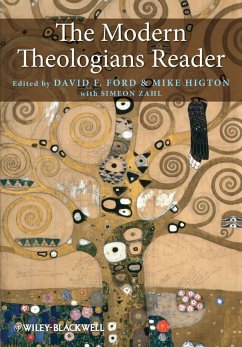Nicht lieferbar
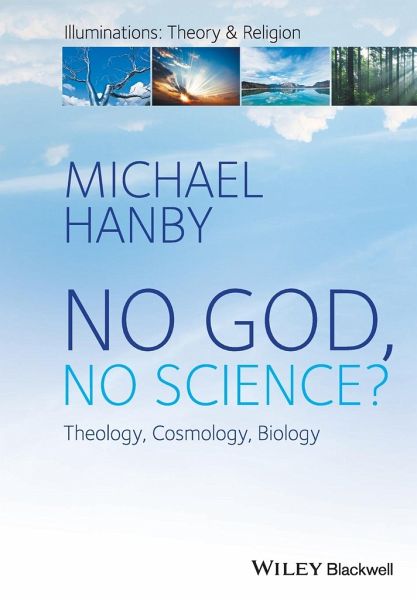
No God, No Science NIP
No God, No Science: Theology, Cosmology, Biology presents a work of philosophical theology that retrieves the Christian doctrine of creation from the distortions imposed upon it by positivist science and the Darwinian tradition of evolutionary biology._ Argues that the doctrine of creation is integral to the intelligibility of the world_ Brings the metaphysics of the Christian doctrine of creation to bear on the nature of science_ Offers a provocative analysis of the theoretical and historical relationship between theology, metaphysics, and science_ Presents an original critique and interpreta...
No God, No Science: Theology, Cosmology, Biology presents a work of philosophical theology that retrieves the Christian doctrine of creation from the distortions imposed upon it by positivist science and the Darwinian tradition of evolutionary biology.
_ Argues that the doctrine of creation is integral to the intelligibility of the world
_ Brings the metaphysics of the Christian doctrine of creation to bear on the nature of science
_ Offers a provocative analysis of the theoretical and historical relationship between theology, metaphysics, and science
_ Presents an original critique and interpretation of the philosophical meaning of Darwinian biology
_ Argues that the doctrine of creation is integral to the intelligibility of the world
_ Brings the metaphysics of the Christian doctrine of creation to bear on the nature of science
_ Offers a provocative analysis of the theoretical and historical relationship between theology, metaphysics, and science
_ Presents an original critique and interpretation of the philosophical meaning of Darwinian biology





